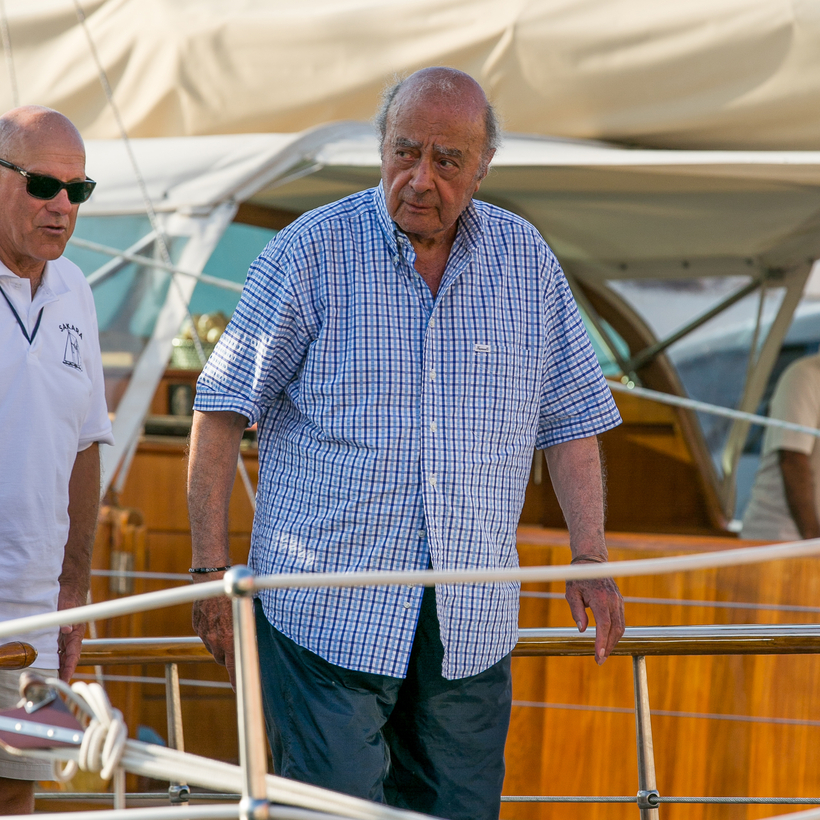“It’s like we have been in a plane crash 25 years apart but all somehow together,” says Lindsay Mason of the women who have united to tell their experiences of Mohamed Al Fayed. “There’s an incredible camaraderie.”
Al Fayed, who owned the London department store Harrods between 1985 and 2010, died last year aged 94. Following a BBC documentary, Al Fayed: Predator at Harrods, scores of women have come forward with allegations including sexual harassment, sexual assault and rape. Many of the women allege that they were forced to undergo highly invasive medical checks before working for Al Fayed, who then humiliated and abused them, using security cameras to keep tabs on them and threatening them if they tried to speak out.

